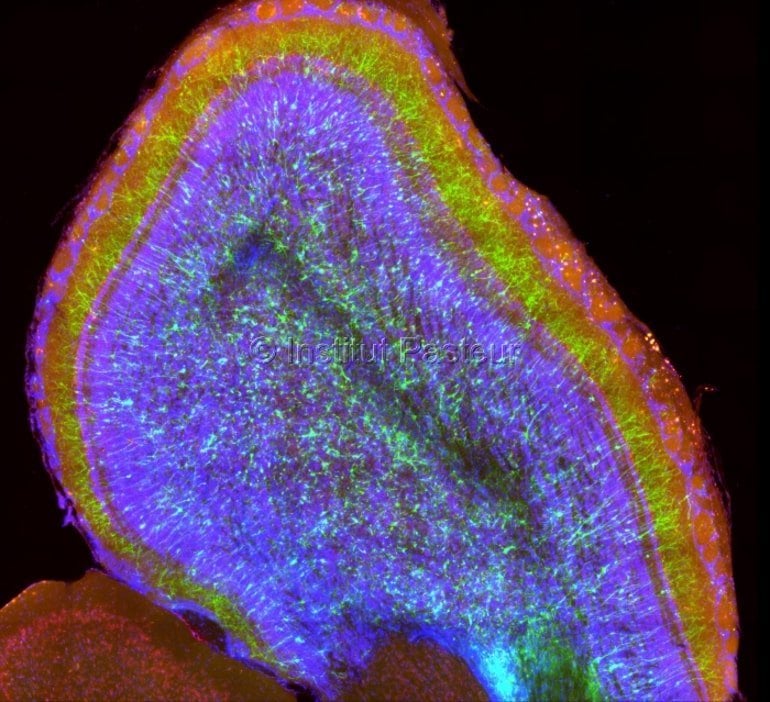Crudely speaking, the nervous system is made up of two parts. The peripheral nervous system , composed of nerves and muscles , is rather robust and roams free, exposed to the elements. On the other hand, the central nervous system , consisting of the brain and spinal cord , is delicate and fragile. It is therefore protectively cocooned in a rigid skull and a hardy vertebral skeleton . But even this tough fortress isn’t secure enough for these dainty neurones ; they are, after all, the command and control system for the whole body. Therefore, to further insulate them from the physical and physiological perturbations that continuously threaten them, nature has further sequestered them within a very exquisitely regulated irrigation system, the cerebrospinal fluid (CSF) . Internet Archive book Images on Flickr. https://www.flickr.com/photos/internetarchivebookimages/14769907251/ The CSF is actually a fine filtrate of the blood that flows in the arteries. The sieve is the very for...
 The activation of a neural circuit comprising of the central nucleus of the amygdala and the bed nucleus of the stria terminalis in the first hours following sepsis infection induced anxiety behaviors in mice two weeks after the infection cleared. The behaviors mimicked the PTSD symptoms patients experience following sepsis infection.
The activation of a neural circuit comprising of the central nucleus of the amygdala and the bed nucleus of the stria terminalis in the first hours following sepsis infection induced anxiety behaviors in mice two weeks after the infection cleared. The behaviors mimicked the PTSD symptoms patients experience following sepsis infection.
Comments
Post a Comment